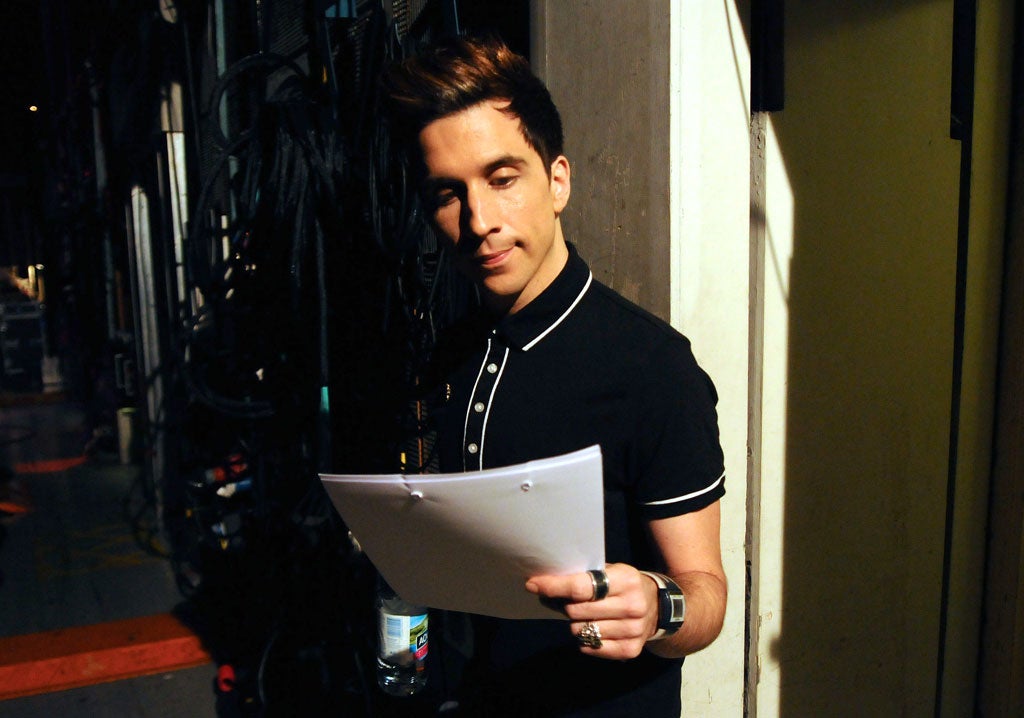BBC3: Plans approved to move channel completely online
The youth-orientated channel's longer programmes may still be screened on BBC1 or BBC2

Your support helps us to tell the story
From reproductive rights to climate change to Big Tech, The Independent is on the ground when the story is developing. Whether it's investigating the financials of Elon Musk's pro-Trump PAC or producing our latest documentary, 'The A Word', which shines a light on the American women fighting for reproductive rights, we know how important it is to parse out the facts from the messaging.
At such a critical moment in US history, we need reporters on the ground. Your donation allows us to keep sending journalists to speak to both sides of the story.
The Independent is trusted by Americans across the entire political spectrum. And unlike many other quality news outlets, we choose not to lock Americans out of our reporting and analysis with paywalls. We believe quality journalism should be available to everyone, paid for by those who can afford it.
Your support makes all the difference.The BBC Trust has approved plans to move BBC3 online while insisting that the youth-orientated channel's longer programmes are screened on BBC1 or BBC2.
The BBC governing body gave the go-ahead to the controversial plan despite a campaign to keep the channel on television, led by comedians including Russell Kane. The BBC has also rejected an offer by independent TV comedy companies to buy the network as a commercial venture, a proposal backed by Steve Coogan.
In its ruling today, the BBC Trust also approved plans to extend the broadcasting hours of CBBC to 9pm, despite opposition from commercial rivals. It also agreed to develop the BBC iPlayer service so that it can include content from third parties.

Suzanna Taverne, chair of the BBC Trust's Services Committee, which led the assessment of the BBC's proposals, said: "The decision to close a TV channel is a difficult one, and one we have not taken lightly. The BBC must adapt with its audiences; the evidence is very clear that younger audiences are watching more online and less linear [scheduled] TV."
But the BBC Trust admitted its decision on allowing BBC3 to go online-only was "finely balanced" and expressed concern that the BBC might struggle in the short-term to retain its current engagement with younger audiences. "The closure of the broadcast channel and the reduction in programme budget will make it more difficult for the BBC to reach those aged 16-34."
The transfer of BBC3 to an online-only service is part of a wider programme of cost savings at the BBC, which last week announced a further round of £150m cuts, including reductions to its budgets for buying sports rights. The BBC has warned that more channels and services could be at risk as it prepares to make further cuts in the new year, ahead of a Government white paper on the organisation's future.
BBC3 will move online in a phased migration between January and February 2016. The new online service will be reviewed within 18 months.
The decision to approve an extension of the hours of CBBC was taken in the face of "near-unanimous opposition" from industry rivals but the Trust concluded that the "likely public value" from the extended service outweighed any negative impact on the market.
Proposals by the BBC for a BBC1+1 delayed channel were rejected by the BBC Trust.
Subscribe to Independent Premium to bookmark this article
Want to bookmark your favourite articles and stories to read or reference later? Start your Independent Premium subscription today.
Join our commenting forum
Join thought-provoking conversations, follow other Independent readers and see their replies
Comments